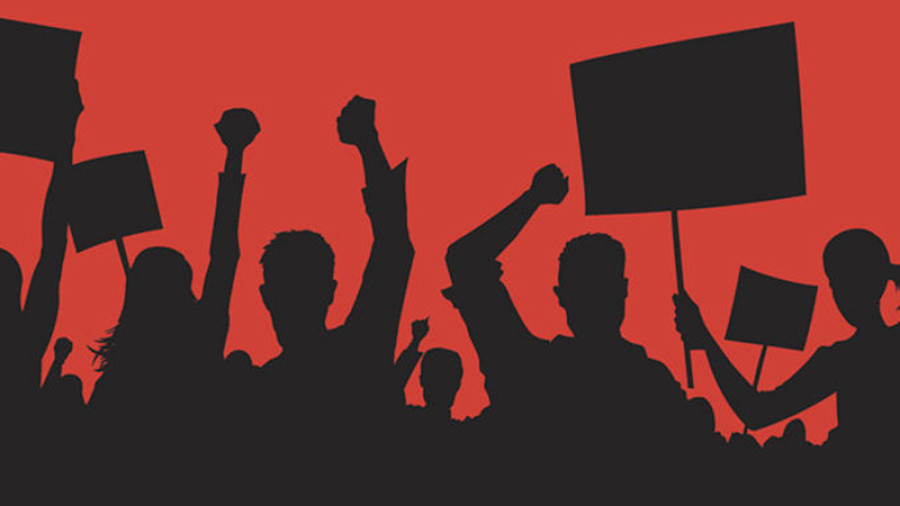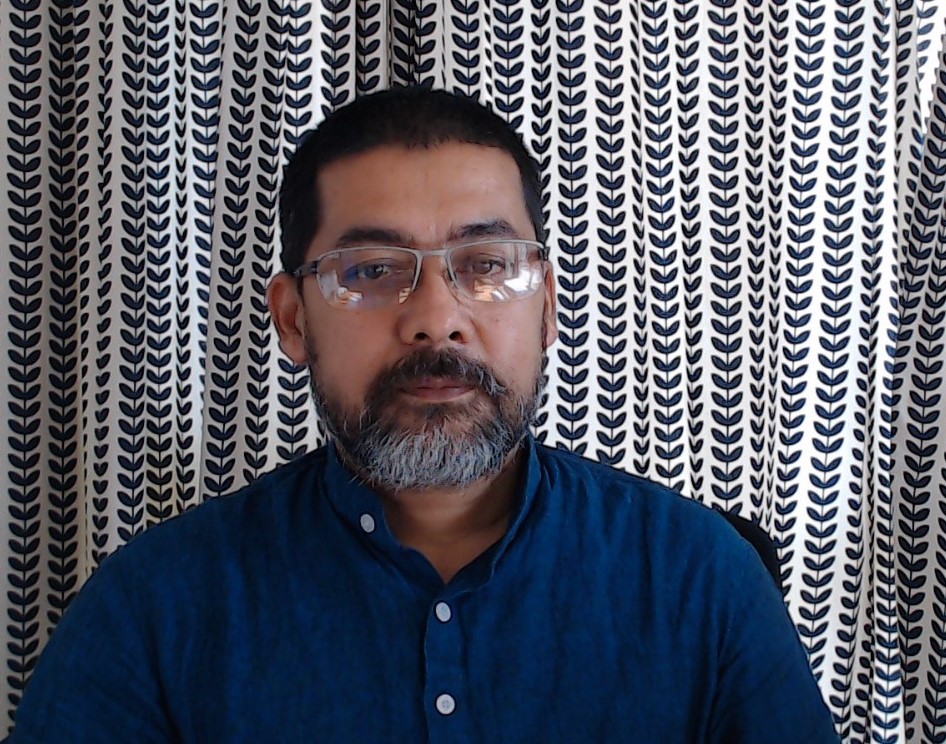Opinion
The power of parties
Democracy is moving from the notion of ‘we the people’ to ‘who are the people’
Chandra D Bhatta
The constitution defines, in principle, the nature of the Nepali state as well as the model of democracy it ought to adopt. Yet, confusion abounds as how one should understand the Nepali state given the extant circumstances where, once again, Nepali democracy is moving from the notion of ‘we the people’ to ‘who are the people’.
A great mismatch is being noticed between what is said in the constitution and what is done in practice. In addition to internal political dynamics, the changes brought about by factors such as globalisation, migration and technology are worth reflecting on. These factors, indeed, have brought phenomenal changes to the very nature of the state and its paraphernalia such as sovereignty and nationalism. The changes that can be witnessed in the nature of society, too, are worth reflecting here. These elements have forced us to revisit the idea of democracy, otherwise the greatest idea, mostly of the 20th century, will lose its relevance.
Social justice for all
Having said this, Nepal has its own set of concerns and problems regarding democracy. The constitution clearly states that Nepal will move on the path of a socially oriented state, meaning it will uphold the notion of social justice for all. This also indicates that politics will serve the interests (which are diverse: social, cultural, and economic) of the broader society. This, in no way, is a small statement made in the statute itself. Very few countries would dare to do so in today’s time when both the state and the economy and politics are going through a crisis.
Still, we did it; kudos to the politicians. However, events, as they are unfolding on the ground, are not encouraging. Likewise, what is so ‘social’ about the socially oriented state has not been reflected through policies. In contrast, the very spirit of democracy, which rests on people’s will, is evaporating so quickly that it has become difficult to ascertain what we, as a nation-state, stand for. An uncertainty of this kind is becoming more pronounced as the days pass which many of us have not thought about. The activities underway are not up to the mark. If the trend continues, the worse is yet to come as neither the fundamental nature of politics has changed nor its objective—which is merely seizing and clinging onto power whatever the price to be paid by the state and its people. Once again, the people see neither a difference nor do they feel much change between the past and the present. The reality, however, is that nothing remains as it was.
This is truly paradoxical. Many of us blame the transitional nature of politics for creating such a state of affairs. This is a mere half-truth precisely because the government at the helm has sufficient strength to deal with it. The crux of the problem is that the government is merely attempting to strengthen its own arms rather than strengthening the arms of the state. As a result, state institutions are become weaker and the political parties are becoming all pervasive. Yet, the parties are also captured by a few individuals. For the common man or woman, it has become virtually difficult to have things done.
Street protests of various kinds have spread across the length and breadth of the country in search of justice. Protests related to medical services, education, migrant workers and other social issues, and of late, the incident of Nirmala Pant’s rape and murder are testimony to this. This truly demonstrates the nature (not necessarily the intent) of our politics and very raison d’être of the state. We have now arrived, once again, at the point where neither politics nor the institutions of the state enjoy substantial trust of the people, thereby raising the question who the state is for and what the purpose of democracy is.
Separation of powers
Given the limited capacity of the state which, indeed, is shrinking day by day, the governance mechanism has also become blurred among the three organs of the state. In principle, democracy presupposes the separation of powers between the judiciary, legislature and executive, and state affairs have to happen accordingly. However, with party politics becoming too influential, one arm of the state is becoming heavy on the other. A classic example here is the subjugation of the judiciary by the executive, and the reduced role of the legislature in the policymaking process. Most of the time, policies are drafted outside the legislature and they are tabled in Parliament merely for its approval. Polices developed through such processes backfire and become counterproductive. The Civil and Criminal Code which came into being recently and the various incidents against it are classical examples of this.
To conclude, it is difficult to say what course the Nepali state and democracy will take. The state under the garb of political parties is trying to be maximalist in principle, but the government, by skirting the role of the institutions of the state, is making it minimalist. The institutions of the state are either becoming ‘personalised or partisan’ as are the decision-making processes. Under these circumstances, the realisation of democracy and the feeling of the state will not be juridical. The state will limit itself within the circles of those elites who are well-connected with its mechanism—not necessarily the organs and institutions. The indications are such that Nepal will become a ‘captured state’ and democracy merely a ‘ritualistic’ type unless there is no major departure in our political culture.
Bhatta is political scientist.




 12.62°C Kathmandu
12.62°C Kathmandu










